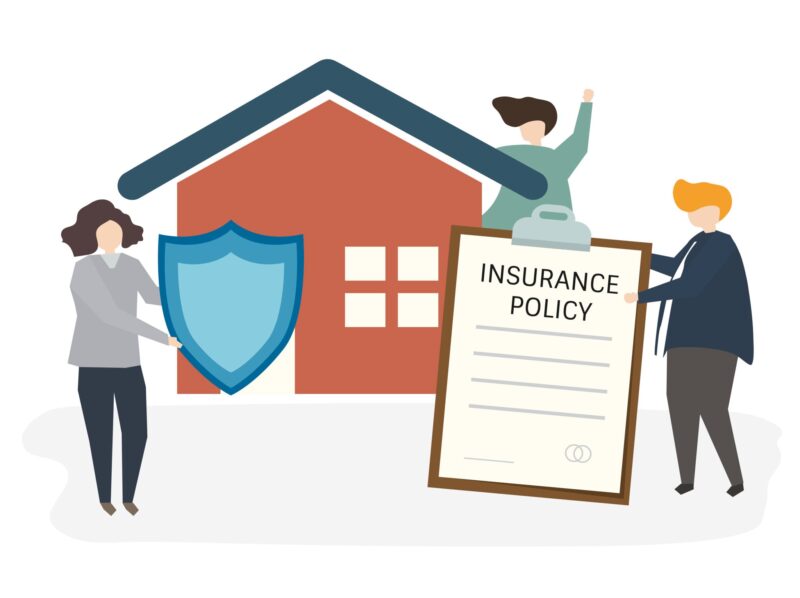Buying your first house is a big step, but it comes with responsibilities. Protecting your investment starts with a good policy. Picking the right provider and avoiding common mistakes will save you money and future headaches. Let’s break it down.
Key Points
- Understand what your policy covers.
- Evaluate if you need add-ons for extra protection.
- Shop around and compare providers for better deals.
- Check local providers for personalized service.
- Ask questions to clarify all terms.
Choosing the Right Provider

Start by researching local providers known for personal service and community engagement. Some companies, like Erie Mutual Insurance, specialize in helping you find tailored solutions.
The provider you choose should understand your needs. Local options often outperform larger companies in service quality and flexibility.
Know Your Coverage
Standard policies cover certain risks, but not everything. Fire, theft, and natural disasters may seem obvious, but policies don’t always include them all.
Steps to Evaluate Coverage:
- List common risks in your area. Floods, hurricanes, or wildfires might require extra protection.
- Look for exclusions. Check what isn’t covered and decide if you need an add-on.
- Ask for details. Providers should explain the fine print in simple terms.
Add-ons like sewer backup or earthquake coverage could be necessary based on your location.
Save Money with Smart Choices

Policies often include premiums you can lower with the right strategies. First-timers sometimes overlook easy ways to save.
Hacks to Lower Premiums:
- Install safety features. Alarms, smoke detectors, and deadbolts reduce risk, which lowers premiums.
- Increase your deductible. A higher deductible lowers monthly costs, but keep enough savings to cover it.
- Bundle policies. Combining multiple policies under one provider often results in discounts.
Avoid Common Mistakes
Many people make simple errors that cost them in the long run. Learning from those mistakes helps you avoid financial pain.
Key Mistakes:
- Underestimating the value of your belongings. List everything inside the house to estimate proper coverage.
- Not comparing policies. Rushing into the first offer without comparing costs you money.
- Ignoring replacement cost value. Policies based on market value may not cover rebuild costs.
Tips for First-Time Buyers
First-timers need practical advice to navigate the insurance world. Many don’t know what questions to ask or what options to prioritize.
Top 5 Tips:
- Choose the right policy type. Actual cash value is cheaper but less comprehensive than replacement cost.
- Evaluate the provider’s claim process. A slow claims process can lead to long delays in repairs.
- Keep an inventory. Use apps or a notebook to track valuables in case of a claim.
- Check for discounts. Loyalty or good credit score discounts can make a difference.
- Consult with experts. Advisors can point out gaps you might miss.
Why Local Providers Stand Out

Large corporations may advertise lower prices, but they often miss the mark on personal service. Local providers offer tailored policies and understand community needs.
Look for providers that offer benefits like flexible packages or involvement in local events. That personal touch can make managing your policy much easier.
FAQs
- Should I get earthquake protection?
If you live in a risk zone, consider it. Policies rarely include this automatically.
- How often should I update my policy?
Annually, or when making major purchases or renovations.
- Are temporary rentals covered?
Many policies exclude damages caused by tenants. Ask about additional landlord coverage.
- What happens if I switch providers?
The new provider handles cancellations, but ensure no lapse in coverage during the transition.
- Can I insure my home office equipment?
Yes, but it may need a separate policy if equipment is expensive.
Protecting your house doesn’t need to feel overwhelming. By following smart strategies, asking the right questions, and choosing a provider that prioritizes your needs, you’ll gain peace of mind and save money. Ready to safeguard your investment? Start your research today.


